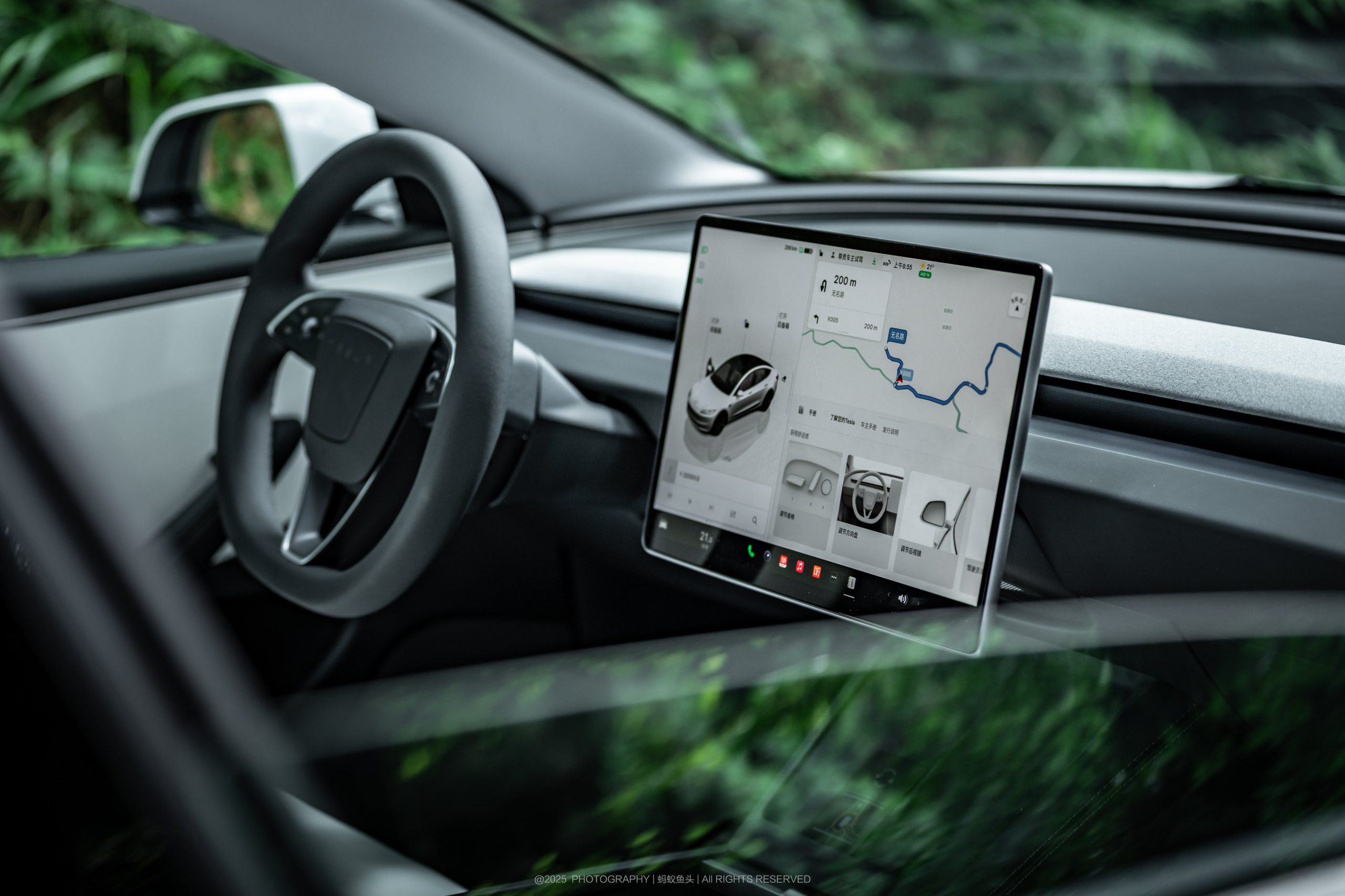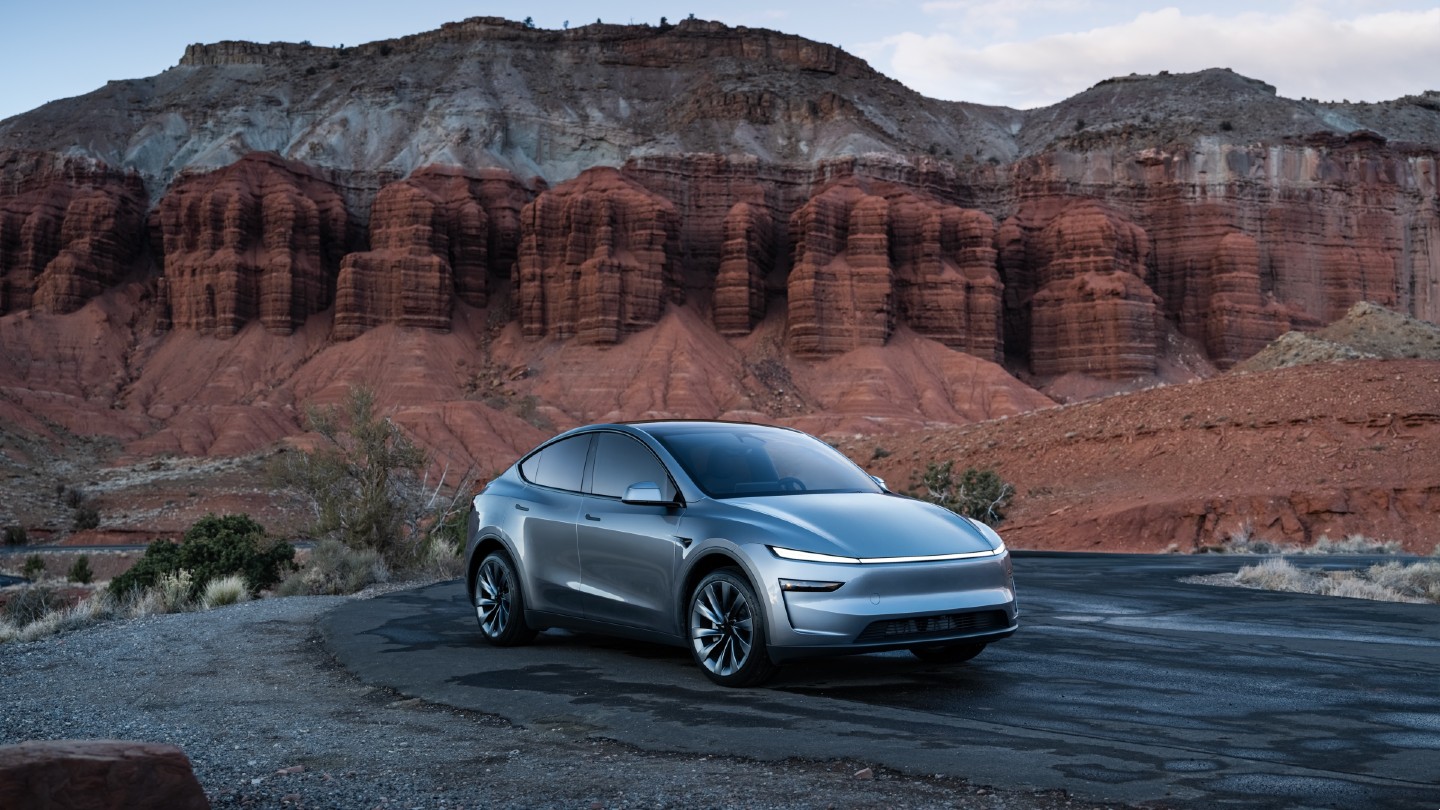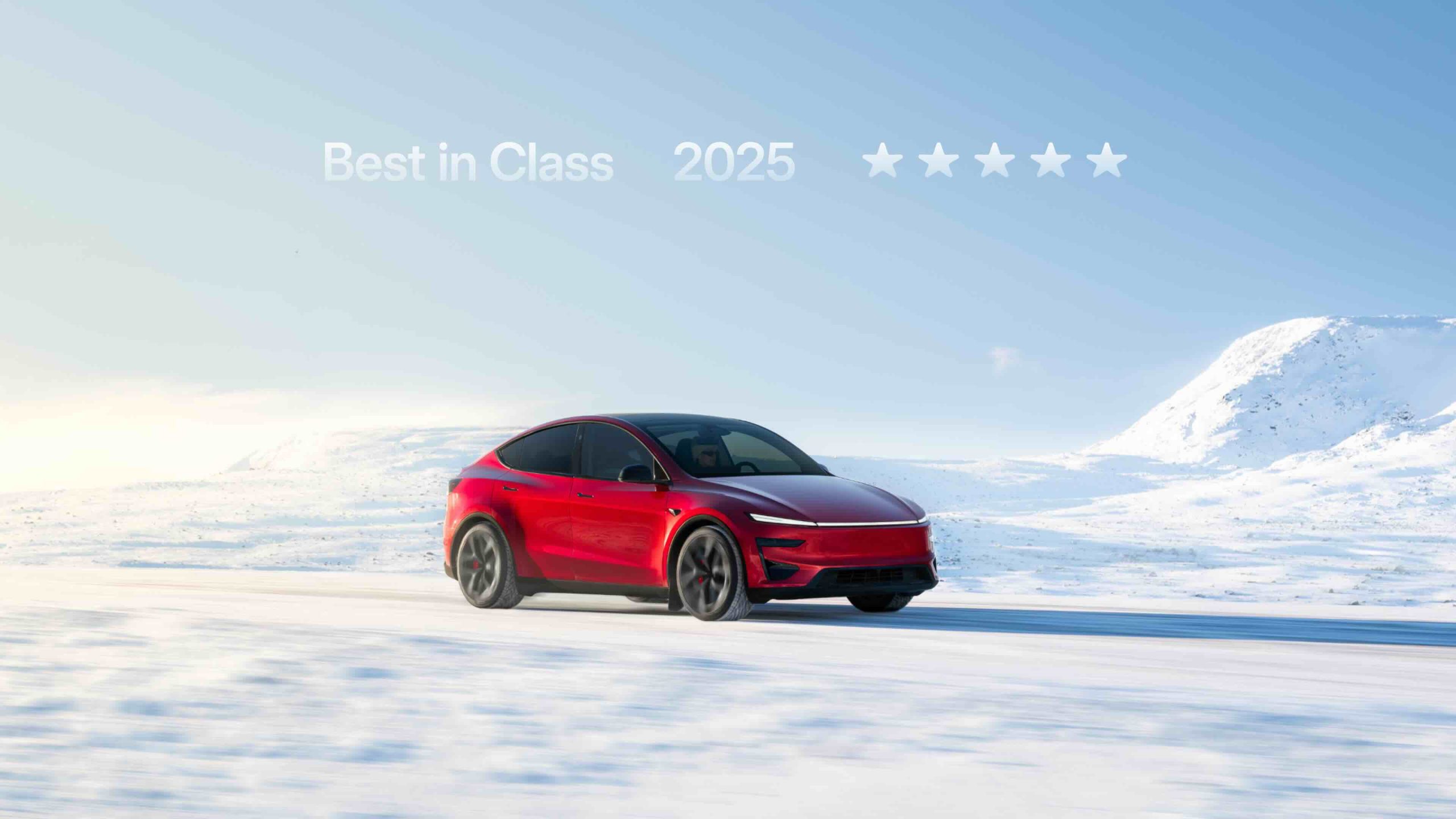News
Tesla could face emissions credit tax in Washington
Tesla could be subject to a tax on its emissions credit sales in Washington, just ahead of the beginning of the state’s phase-out of gas vehicles.

Tesla could face a new tax on the emissions credits it sells to other automakers, as introduced this month by legislators in the state of Washington.
As detailed in an op-ed from the Wall Street Journal on Monday, Democrats in Olympia have filed two companion bills proposing a 10 percent tax on the electric vehicle (EV) emissions credits Tesla sells, valued at roughly $1.79 billion globally last year. The emission credits market was created out of regulations requiring automakers to start phasing out gas vehicles, allowing Tesla, which only makes EVs, to sell the credits to gas automakers which aren’t able to meet the upcoming phase-out goals.
“The creation of these tradeable and bankable credits creates the opportunity for a financial windfall accruing to firms that are not burdened by the legacy production of internal combustion engine vehicle,” legislators wrote in the proposal. “It is the intent of the legislature to address this unintended outcome by taxing the windfall profits.”
Olympia Republicans went on to file a counter to the bill, which would effectively prohibit such a tax as well as “any other tax that applies to only one individual, business, or entity.”
READ MORE ON TESLA EMISSIONS CREDITS: Tesla to help automakers comply with the EU’s 2025 CO2 emission rules
Washington joined California in 2020 in setting regulations to phase out gas vehicles by 2035, requiring a maximum of 20 percent plugin hybrid vehicles sold in the year along with making 80 percent of the year’s sales fully electric. The initial phase-out regulations kick off in 2026, requiring automakers to make 35 percent of their new vehicles fully electric or plugin hybrids, before that level increases to 51 percent in 2028, and 68 percent in 2030.
Tesla’s vehicle sales in Washington made up just 10 percent of those sold in the state last year, while the company has about 54 percent of all emissions credits in the state, according to the Washington Policy Center.
The Wall Street Journal editorial calls the new proposals “abusive lawmaking,” saying that targeting a single company would be strongly opposed by progressives if it were suggested by the Trump administration. Additionally, the op-ed highlights that Tesla and CEO Elon Musk set the price for the emissions credits, meaning that they could simply charge automakers more for them to make up for money lost on the tax.
U.S. Supreme Court to hear challenge on California emission rule waiver

Elon Musk
Tesla Full Self-Driving pricing strategy eliminates one recurring complaint

Tesla’s new Full Self-Driving pricing strategy will eliminate one recurring complaint that many owners have had in the past: FSD transfers.
In the past, if a Tesla owner purchased the Full Self-Driving suite outright, the company did not allow them to transfer the purchase to a new vehicle, essentially requiring them to buy it all over again, which could obviously get pretty pricey.
This was until Q3 2023, when Tesla allowed a one-time amnesty to transfer Full Self-Driving to a new vehicle, and then again last year.
Tesla is now allowing it to happen again ahead of the February 14th deadline.
The program has given people the opportunity to upgrade to new vehicles with newer Hardware and AI versions, especially those with Hardware 3 who wish to transfer to AI4, without feeling the drastic cost impact of having to buy the $8,000 suite outright on several occasions.
Now, that issue will never be presented again.
Last night, Tesla CEO Elon Musk announced on X that the Full Self-Driving suite would only be available in a subscription platform, which is the other purchase option it currently offers for FSD use, priced at just $99 per month.
Tesla is shifting FSD to a subscription-only model, confirms Elon Musk
Having it available in a subscription-only platform boasts several advantages, including the potential for a tiered system that would potentially offer less expensive options, a pay-per-mile platform, and even coupling the program with other benefits, like Supercharging and vehicle protection programs.
While none of that is confirmed and is purely speculative, the one thing that does appear to be a major advantage is that this will completely eliminate any questions about transferring the Full Self-Driving suite to a new vehicle. This has been a particular point of contention for owners, and it is now completely eliminated, as everyone, apart from those who have purchased the suite on their current vehicle.
Now, everyone will pay month-to-month, and it could make things much easier for those who want to try the suite, justifying it from a financial perspective.
The important thing to note is that Tesla would benefit from a higher take rate, as more drivers using it would result in more data, which would help the company reach its recently-revealed 10 billion-mile threshold to reach an Unsupervised level. It does not cost Tesla anything to run FSD, only to develop it. If it could slice the price significantly, more people would buy it, and more data would be made available.
News
Tesla Model 3 and Model Y dominates U.S. EV market in 2025
The figures were detailed in Kelley Blue Book’s Q4 2025 U.S. Electric Vehicle Sales Report.

Tesla’s Model 3 and Model Y continued to overwhelmingly dominate the United States’ electric vehicle market in 2025. New sales data showed that Tesla’s two mass market cars maintained a commanding segment share, with the Model 3 posting year-to-date growth and the Model Y remaining resilient despite factory shutdowns tied to its refresh.
The figures were detailed in Kelley Blue Book’s Q4 2025 U.S. Electric Vehicle Sales Report.
Model 3 and Model Y are still dominant
According to the report, Tesla delivered an estimated 192,440 Model 3 sedans in the United States in 2025, representing a 1.3% year-to-date increase compared to 2024. The Model 3 alone accounted for 15.9% of all U.S. EV sales, making it one of the highest-volume electric vehicles in the country.
The Model Y was even more dominant. U.S. deliveries of the all-electric crossover reached 357,528 units in 2025, a 4.0% year-to-date decline from the prior year. It should be noted, however, that the drop came during a year that included production shutdowns at Tesla’s Fremont Factory and Gigafactory Texas as the company transitioned to the new Model Y. Even with those disruptions, the Model Y captured an overwhelming 39.5% share of the market, far surpassing any single competitor.
Combined, the Model 3 and Model Y represented more than half of all EVs sold in the United States during 2025, highlighting Tesla’s iron grip on the country’s mass-market EV segment.
Tesla’s challenges in 2025
Tesla’s sustained performance came amid a year of elevated public and political controversy surrounding Elon Musk, whose political activities in the first half of the year ended up fueling a narrative that the CEO’s actions are damaging the automaker’s consumer appeal. However, U.S. sales data suggest that demand for Tesla’s core vehicles has remained remarkably resilient.
Based on Kelley Blue Book’s Q4 2025 U.S. Electric Vehicle Sales Report, Tesla’s most expensive offerings such as the Tesla Cybertruck, Model S, and Model X, all saw steep declines in 2025. This suggests that mainstream EV buyers might have had a price issue with Tesla’s more expensive offerings, not an Elon Musk issue.
Ultimately, despite broader EV market softness, with total U.S. EV sales slipping about 2% year-to-date, Tesla still accounted for 58.9% of all EV deliveries in 2025, according to the report. This means that out of every ten EVs sold in the United States in 2025, more than half of them were Teslas.
News
Tesla Model 3 and Model Y earn Euro NCAP Best in Class safety awards
“The company’s best-selling Model Y proved the gold standard for small SUVs,” Euro NCAP noted.

Tesla won dual categories in the Euro NCAP Best in Class awards, with the Model 3 being named the safest Large Family Car and the Model Y being recognized as the safest Small SUV.
The feat was highlighted by Tesla Europe & Middle East in a post on its official account on social media platform X.
Model 3 and Model Y lead their respective segments
As per a press release from the Euro NCAP, the organization’s Best in Class designation is based on a weighted assessment of four key areas: Adult Occupant, Child Occupant, Vulnerable Road User, and Safety Assist. Only vehicles that achieved a 5-star Euro NCAP rating and were evaluated with standard safety equipment are eligible for the award.
Euro NCAP noted that the updated Tesla Model 3 performed particularly well in Child Occupant protection, while its Safety Assist score reflected Tesla’s ongoing improvements to driver-assistance systems. The Model Y similarly stood out in Child Occupant protection and Safety Assist, reinforcing Tesla’s dual-category win.
“The company’s best-selling Model Y proved the gold standard for small SUVs,” Euro NCAP noted.
Euro NCAP leadership shares insights
Euro NCAP Secretary General Dr. Michiel van Ratingen said the organization’s Best in Class awards are designed to help consumers identify the safest vehicles over the past year.
Van Ratingen noted that 2025 was Euro NCAP’s busiest year to date, with more vehicles tested than ever before, amid a growing variety of electric cars and increasingly sophisticated safety systems. While the Mercedes-Benz CLA ultimately earned the title of Best Performer of 2025, he emphasized that Tesla finished only fractionally behind in the overall rankings.
“It was a close-run competition,” van Ratingen said. “Tesla was only fractionally behind, and new entrants like firefly and Leapmotor show how global competition continues to grow, which can only be a good thing for consumers who value safety as much as style, practicality, driving performance, and running costs from their next car.”








